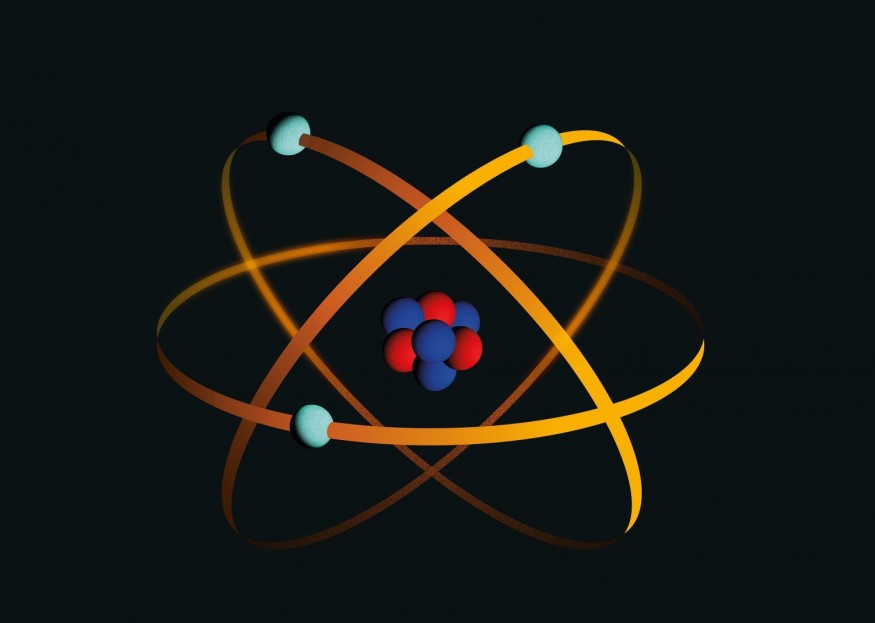
While tunneling reactions are remarkably hard to predict, a group of researchers were able to experimentally observe such an effect, marking a breakthrough in the field of quantum chemistry.
Tunnel Effect
Predicting tunnel effects is very difficult to pull off. The mechanically exact quantum description of chemical reactions that cover over three particles is quite hard. If it covers over four particles, it is almost impossible to pull off. In order to stimulate the reactions, scientists use classical physics but have to push aside the quantum effects. However, EurekAlert reports that there is a limit to classically describing these chemical reactions. What, then, is the limit?
Roland Wester, who is from the University of Innsbruck's Department of Ion Physics and Applied Physics, wanted to delve deeper into this matter. The physicist notes that there is a need for an experiment that enables intricately precise measurements with the ability for quantum-mechanical descriptions. Wester recalls that the idea popped up around 15 years ago as he had a talk with a colleague during a conference in the United States. He wanted to monitor the tunnel effect quantum-mechanically in a simple reaction.
SciTechDaily reports that, because the tunnel effect leads the reaction to be quite unlikely and slow, it is extraordinarily hard to experimentally observe it. Nevertheless, after trying several times, Western and his team were able to successfully pull off such a feat for the first time. Their findings were included in the Nature journal.
Quantum Chemistry Breakthrough
The research team chose hydrogen for the experiment. They also introduced a hydrogen isotope, deuterium, into an ion trap. They cooled down the ion trap and filled it with gaseous hydrogen. Due to the extremely low temperatures, the deuterium ions that are negatively charged lack energy in order to react with molecules of hydrogen. However, there are rare times where a collision between the two leads to a reaction.
Tunnel effect is what causes this. Robert Wild, the study's first author, says that quantum mechanics enables the breaking of particles through a barrier of energy because of the properties of its quantum mechanical waves. A reaction then takes place.
EurekAlert reports that in 2018, theoretical physicists computed that within the system, quantum tunneling is a one-in-a-hundred-billion event. This closely aligns with the results from the study. Now, after 15 years of looking into it, it has been confirmed in an intricate theoretical model.
The tunnel effect may be further exploited by other chemical reactions. But for the first time, there is now a measurement available that is well understood in theory. Based on such a breakthrough, further research can come up with simpler theoretical models for such chemical reactions. These can then be tested on the successfully demonstrated reaction.
RELATED ARTICLE : Three Physicists Named New Nobel Prize for Physics Laureates For Quantum Mechanics Work
Check out more news and information on Chemistry in Science Times.












